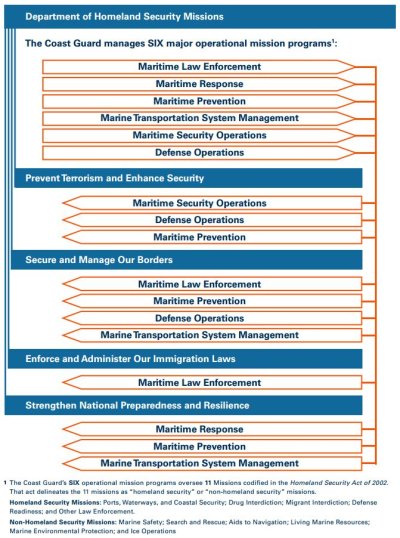Alaskan Sea-Duction
Guru
- Joined
- Jul 6, 2012
- Messages
- 8,062
- Location
- USA
- Vessel Name
- Alaskan Sea-Duction
- Vessel Make
- 1988 M/Y Camargue YachtFisher
So I started this thread to try and understand the "sometimes" attitude between the USCG and AUX. Plus winter is just around the corner.
Every year, in March without fail I have the AUX do a safety inspection of ASD so I can get the nifty sticker to display. We always pass the inspection.
I have been boarded by the USCG in the Columbia River, a few times in Alaska and in Puget sound. Without fail I am told each time by the USCG, when I present the inspection form and sticker from the AUX I get the following response:
We are the "real" Coast Guard and we have our own form and inspection. We don't recognize the AUXs inspection.
OK, so this next year I am considering NOT getting an AUX inspection if it is really a waste of time. I also understand that sometimes the AUX is the only option for a safety inspection in some areas.
Comments? Has this happened else where?
Every year, in March without fail I have the AUX do a safety inspection of ASD so I can get the nifty sticker to display. We always pass the inspection.
I have been boarded by the USCG in the Columbia River, a few times in Alaska and in Puget sound. Without fail I am told each time by the USCG, when I present the inspection form and sticker from the AUX I get the following response:
We are the "real" Coast Guard and we have our own form and inspection. We don't recognize the AUXs inspection.
OK, so this next year I am considering NOT getting an AUX inspection if it is really a waste of time. I also understand that sometimes the AUX is the only option for a safety inspection in some areas.
Comments? Has this happened else where?


 I was fine with both attitudes. The whole point was to make sure the boat had the required safety equipment.
I was fine with both attitudes. The whole point was to make sure the boat had the required safety equipment. 

